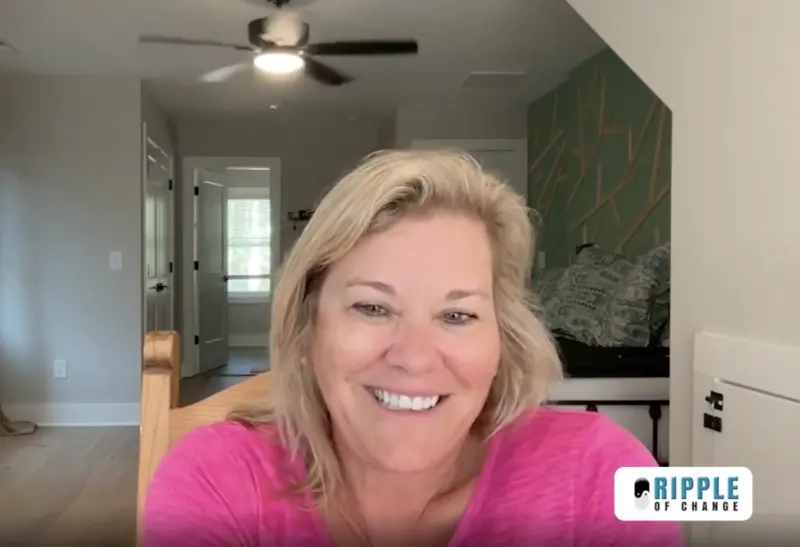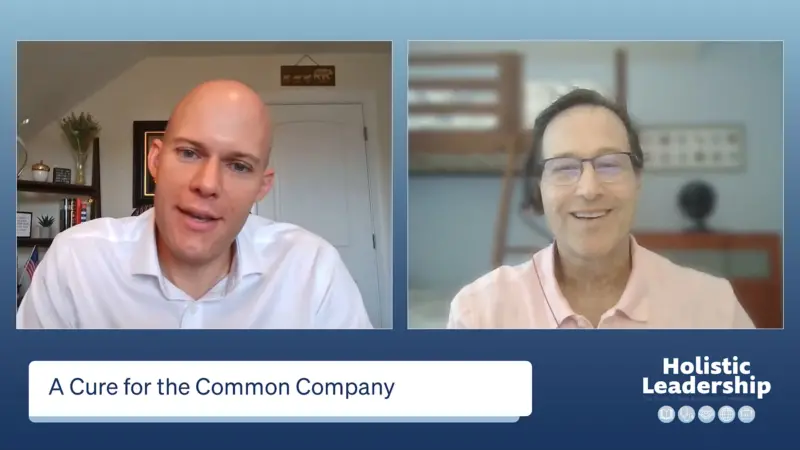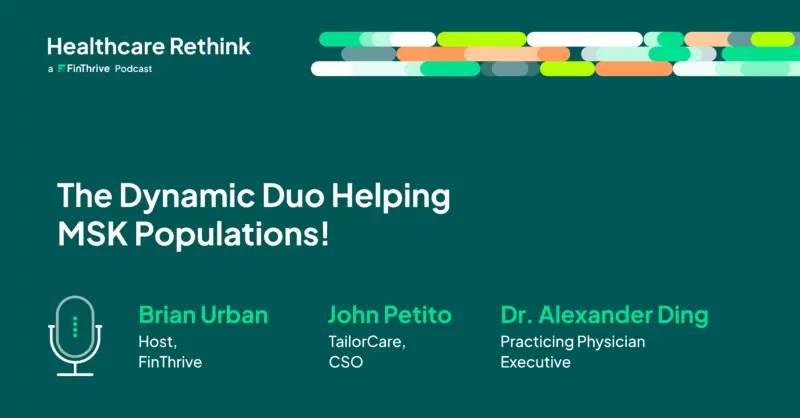Applying Oncology Expertise At Scale, Part 3
April Boyd, Sr. Clinical Content Developer at Carevive, is a nurse with many years of oncology experience. Boyd understands what it takes to achieve better patient outcomes. She worked as an outpatient oncology nurse and research nurse for gastrointestinal cancers at MD Anderson in Houston. She spoke with Tyler Kern about her experiences and what led her to Carevive.
Boyd joined Carevive in 2019 in content development to help create the company’s remote symptom monitoring and management practice. She didn’t intend to focus on oncology, but the fantastic people she encountered in the field and oncology practitioners’ approach toward patient care and treatment resonated with her.
Boyd’s role at Carevive may differ from her nursing days, but it is no less rewarding. “It’s super interesting to me,” Boyd said. “It always gets me excited to take the things we have that we’re doing well and figure out how to do them even better.” Boyd acknowledged gaps in care where people are not getting the holistic care or equity of care they need.
This motivates and informs her work at Carevive, which helps the company’s “features resonate and be effective and valuable” for clinicians and patients alike. “It just gets me excited to be able to dig in and figure out which levers we can pull to get that right,” Boyd said.
Boyd’s previous experience working in oncology is paying off in her role with Carevive. “I understand how it is to be working with those patients, and talking to patients, and coming up against those care gaps,” Boyd said. “So, the conversation is very easy between me and the customers, or the patients who might be advising us, because I have that clinical experience.”



